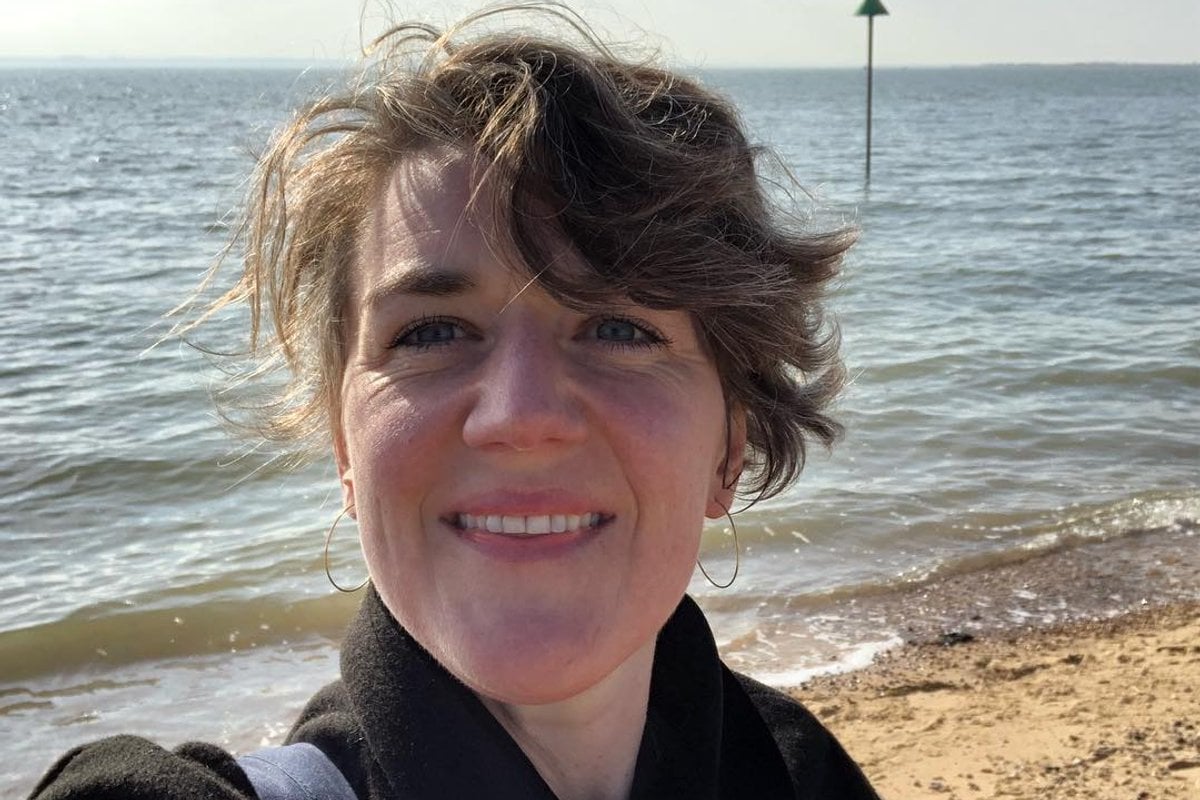
Puberty and menopause. Two of the most significant phases of transformation in a woman’s life; ones that bring physiological change and emotional upheaval.
But perhaps there’s another phase in between.
British writer Nell Frizzell thinks so. She’s even named it: the panic years (which is also the title of her book on the subject).
Watch: The things I wish I did in my thirties. Post continues below.
Speaking to Mamamia’s No Filter podcast, the author and columnist for The Guardian and Vogue argued that the period spanning age 28 to 35 deserves as much recognition as other major life-stages experienced by cis-gendered women. Because these are the years in which women wrestle with the urge to have children.
"There is this series of physiological or biological changes or a reckoning that happens where you suddenly understand the finite nature of your fertility. And so you are looking at the mechanics of your body in a different way, and you feel different in your body," she said.
"I've heard it a lot from people that it's like having a fever. It descends with a kind of sweating, panicky compulsion."
The panic comes not just from the biological urge itself, but from the fact that it typically collides with — and can even be suppressed by — outside forces. Think medical issues, relationships, finances, housing security, career, pressure from family, and more.

Top Comments